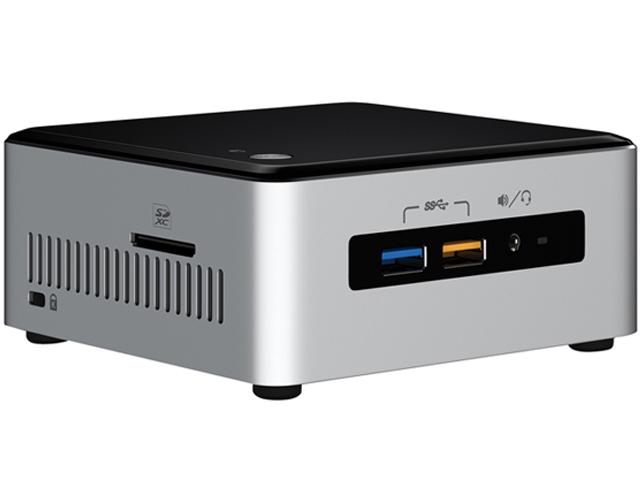PLUMgrid Employees Could Help VMware’s Cloud-Native Push
 Networking isn't the only VMware group that stands to benefit.
Networking isn't the only VMware group that stands to benefit.
 Networking isn't the only VMware group that stands to benefit.
Networking isn't the only VMware group that stands to benefit.
Since seeing the APIC-EM Path Trace demo for the first time and seeing how it represents CAPWAP, I’ve been curious how well it deals with other types of overlay/underlay networking. This article is a brief synopsis of that testing and provides some visuals around what was produced with this free management tool.
TL;DR–APIC-EM adds value to most network path traces and typically represents what it knows. The single exception is with MPLS VPNv4. If the MPLS PE nodes are pulled into the device inventory, path trace has a total lack of understanding around the recursive lookup into the global vrf that is required for VPNv4 functionality.
I wanted to start out by showing what an ideal representation of an overlay network would be for a tool like this. Path Trace understands AND clearly represents both the underlay and the overlay network for traffic flowing through a CAPWAP tunnel. The image below shows the extent of the tunnel (darker gray) and the physical components that are responsible for delivery (both through the tunnel and outside of the tunnel).

For the additional testing, I built the following topology and integrated APIC-EM into my Continue reading
 In the IoT space, M&A is the name of the game.
In the IoT space, M&A is the name of the game.
 Margaret Chiosi joins Huawei; Krish Prabhu leaves AT&T.
Margaret Chiosi joins Huawei; Krish Prabhu leaves AT&T.
Enterprises need to adopt a digital transformation strategy that extends past the process of digitization.
How Does Internet Work - We know what is networking
In SSM, Source-Specific Multicast, things are done differently from standard multicast forwarding. SSM is specifying a group of hosts that are receiving same multicast stream using group IP address and additionally using stream unicast source IP. In this article it is shown how to configure Source Specific Multicast on Cisco and Juniper equipment. In standard multicast, forwarding is done using group IP address which is an IP from multicast dedicated range 224.0.0.0/4 (224.0.0.0 – 239.255.255.255) or FF00::/8 in IPv6. Each multicast group IP address is a single address which specifies all hosts receiving a specific stream, streamed towards that group

Sixth Generation Intel NUC
I recently decided it would be fun to upgrade the hardware on my main OpenBSD machine at home (because, you know, geek). These Intel NUC machines are pretty interesting. They are pretty powerful, support a decent amount of RAM, certain models support internal storage, and they are very low power and low noise. Perfect for a machine that is a shell/email/development box.
 Huawei dips into Israel's tech community for a second time this month.
Huawei dips into Israel's tech community for a second time this month.
 Docker and the container world are growing up fast.
Docker and the container world are growing up fast.


APIs are increasingly becoming the backbone of the modern internet - whether you're ordering food from an app on your phone or browsing a blog using a modern JavaScript framework, chances are those requests are flowing through an API. Given the need for APIs to evolve through refactoring and extension, having great automated tests allows you to develop fast without needing to slow down to run manual tests to work out what’s broken. Additionally, by having tests in place you’re able to firmly identify the requirements that your API should meet, your API tests effectively form a tangible and executable specification. API Testing offers an end-to-end mechanism of testing the behaviour of your API which has advantages in both reliability and also development productivity.
In this post I'll be demonstrating how you can test RESTful APIs in an automated fashion using PHP, by building a testing framework through creative use of two packages - Guzzle and PHPUnit. The resulting tests will be something you can run outside of your API as part of your deployment or CI (Continuous Integration) process.
Guzzle acts as a powerful HTTP client which we can use to simulate HTTP Requests against our API. Though PHPUnit Continue reading
Many networks leverage what is known as a VRF. These are used for traffic isolation and create separate routing instances within a router. It is important that vrf awareness is confirmed for any service (DHCP, Voice GW, etc) being locally provided for a given point in the network. One use case for such a configuration might be for voice isolation with or without MPLS. In the case that a router is providing voice gateway functionality (i.e. FXO/FXS to VOIP), the voice functions must understand the VRF construct in order to properly fulfill the role.
TL;DR–This configuration sometimes does not behave as expected and, in my experience, may require a reboot after following the documented procedure.
The configuration for VRF-Aware H.323 and SIP for Voice Gateways can be found at the URL below.
http://www.cisco.com/c/en/us/td/docs/ios/12_4t/12_4t15/stork.html
Notice that it makes reference to the fact that the services need to be restarted–
To configure a voice VRF, you must shut down voice services on the gateway, assign a previously defined VPN VRF to the VoIP SPI, and then restart voice services.
As one researches this particular configuration, the concept of voice “multi-vrf” will likely come up. Based on my Continue reading